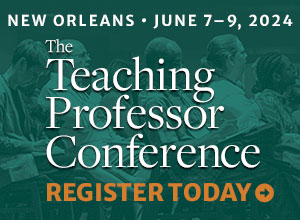What it Means to be a Self-Regulated Learner
“Self-regulation is not a mental ability or an academic performance skill; rather it is the self-directive process by which learners transform their mental abilities into academic skills.” (p. 65) That definition is offered by Barry Zimmerman, one of the foremost researchers on self-regulated learning. It appears in a succinct five-page article that offers a very readable overview of research in this area.



